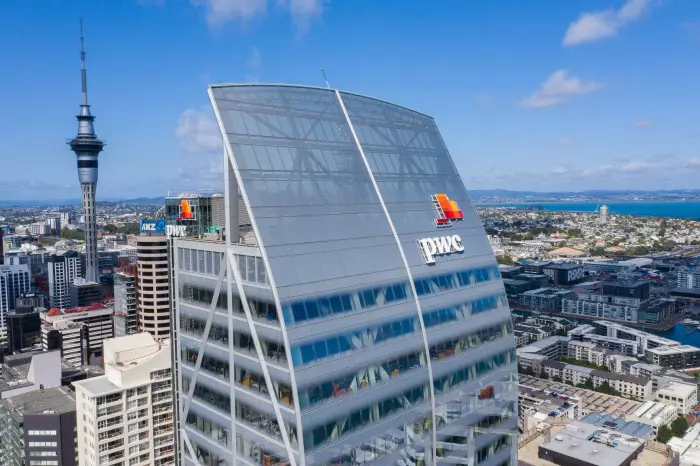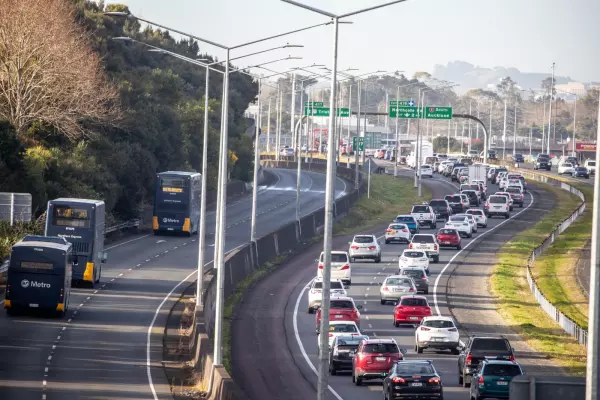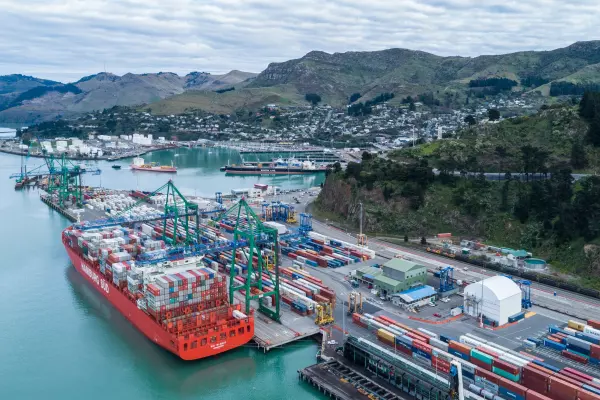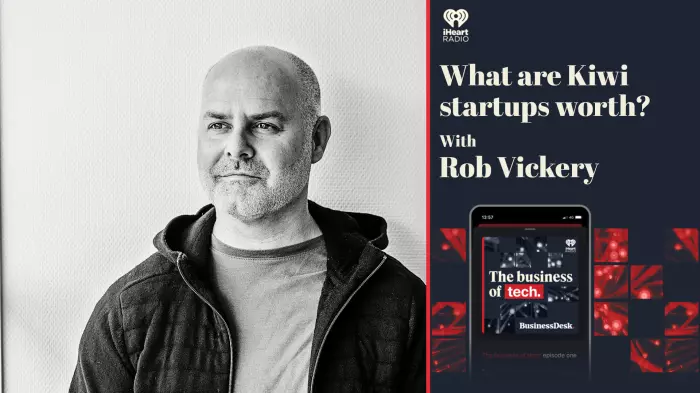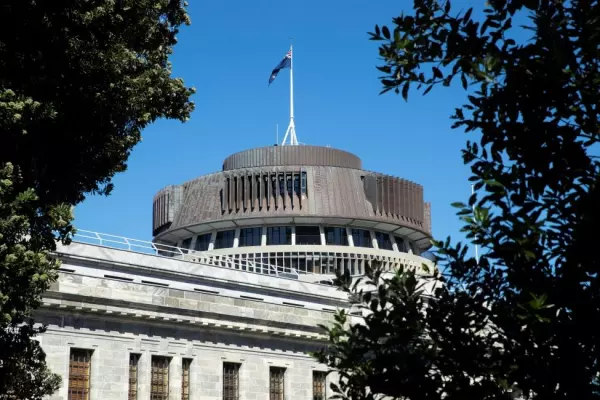The Ministry of Health spent more on top tier consultants in the first three months of the current financial year than it did in two of the last four years, largely due to covid-19.
Big name firms like Deloitte, KPMG, Ernst and Young (EY) and PricewaterhouseCoopers (PwC) have played major roles in the pandemic response, providing support for crucial work like the development of the national immunisation plan, vaccine logistics, contact tracing and data systems.
The covid-19 response minister and the ministry have justified the spend based on the huge covid-19-related workload, but others – including National’s health spokesman Dr Shane Reti – say it reflects a lack of internal capacity within the ministry, which has also seen large increases in staff numbers over the past few years.
According to information released to BusinessDesk under the Official Information Act (OIA), the ministry spent $26.9 million on tier 1 consultants in the first three months of the 2021/22 year (July to September), more than the $24.3m and $25m spends in the 2017/18 and 2018/19 years.
“These are eye-watering numbers,” Reti said.
The total spend since 2016/17 on tier 1 providers – 36 medium-large consultancy firms engaged through an all-of-government contract – was $198.6m. Of this, the ‘big four’ – Deloitte, KPMG, EY and PWC – got $80m. And since 2020 and the covid-19 pandemic, the spend has only accelerated – with covid-related work proving to be a boon for contractors.
In 2020/21, the ministry spent $58.5m on tier 1 consultants. According to covid-19 response minister Chris Hipkins, $29.3m of this went towards covid-19-related projects.
Reti said he understood the need to contract out some work. Public service departments like the ministry couldn’t be expected to be experts in everything, he said, but it was also important to build in-house capacity.
“It behoves the government to capacity-build their own internal capacity and not have government by default out in the private sector,” he said.
“That’s not good for the public service.”
The overall spend on contractors and consultants across the public service declined in 2020/21, according to new figures from the Public Service Commission. However, analysis by BusinessDesk shows that was largely due to reduced spending by Inland Revenue. The majority of public service departments were spending more on consultants and contractors.
And that raises interesting questions about accountability.
Some of the work contracted out to consultants by the ministry, which was detailed in the OIA, appeared to be “bread and butter” stuff, Reti said. Health systems expert Professor Robin Gauld, dean of the business school at the University of Otago, agreed.
“Arguably, a lot of this work should be public sector work,” he said.
“I just don’t think the capacity is there, the public service is probably being overwhelmed at the coalface dealing with covid.”
Consultants to the rescue
Among the work contracted out to the ‘big four’ in the 2020/21 year was $7.2m to PwC for the “development of the covid-19 immunisation implementation plan”. A ministry spokesman said the firm provided a range of support, including being part of the team that led the development of the plan, risk management and reporting and providing support to programme management.
“This involved skillsets and capacity at a scale the ministry would not usually deliver in-house.”
Another ‘big four’ firm, KPMG, was brought in to assist the ministry with the lab digitisation project in response to covid-19, providing a senior project manager, project manager, business analyst and project coordinator. The consultancy was also paid $330,000 for logistics support to assist the vaccine roll-out.
Deloitte, meanwhile, was paid $2.5m for “contact tracing support and design”. According to the ministry spokesman, this involved developing a proof of concept for the system, followed by the design, building, testing and deployment of a solution based on the National Screening Solution.
The consultancy was also paid $1.6m to provide “change and training support” for the covid-19 vaccination programme. Deloitte helped prioritise vaccination sites that needed further support, worked with those sites to complete readiness assessments and provided a range of other “tactical and operational support”, the ministry spokesman said.
Reti said the volume of work being outsourced suggested a lack of trust in ministry staff to deliver.
New Zealand’s covid-19 response has, by a number of metrics, been judged one of the best in the world. Still, there have been a number of well-publicised failures, including issues with testing, contact tracing, MIQ, saliva testing and the vaccination roll-out. Brian Roche, head of the government-appointed independent taskforce on covid-19, has repeatedly called for a new standalone agency to manage the response.
Reti agreed. The border protection agency proposed by National last year could have filled this role, he said, drawing resources from across government to coordinate the response.
Dramatic increase in workload
The covid-19 pandemic and the health response to it has resulted in a dramatic increase in workload for the Ministry of Health, the spokesman said. The vaccination roll-out alone was unprecedented in its size and speed, requiring significant investment.
“While the ministry has frequently prepared for a pandemic, the fast-paced and evolving covid-19 situation has often demanded expertise which complements the skill levels already on offer at the ministry,” the spokesman said.
Throughout 2020/21, the ministry had gone to considerable effort to strengthen its internal capability, he said, as well as transitioning contractors to fixed-term employees, seconding staff from other parts of the ministry and using shorter-term contractors where necessary.
“The ministry’s use of contractors within the covid-19 space is to ensure we can sustain the response and adapt as required.”
The ministry was continuing to seek assistance from across the public service to fill urgent and high priority short-term roles on a secondment basis.
“Our costs also extend to running training programmes to support our workforce, conducting planning work and seeking strategic advice, and launching new technology platforms such as BookmyVaccine and MyVaccinePass, which are significant undertakings.”
Hipkins had much the same message.
“Keeping our communities safe from covid-19 and minimising its effect on the economy has been a top priority for the government throughout the pandemic, and this has taken considerable capability and capacity across the health system.”
Independent contractors provided expertise in areas outside of the ministry’s usual functions, Hipkins said. The vaccination roll-out, contact tracing, testing and record-keeping systems all relied on up-to-date and compatible data and systems, he said.
“External skills have supported ministry teams to deliver on those when it counted and is creating, for the first time in our history, a modern customer-focused immunisation system,” he said.
“The structure of the overall response is less important than the people who are working on it. We’ve adopted an agile approach and that will continue.”


